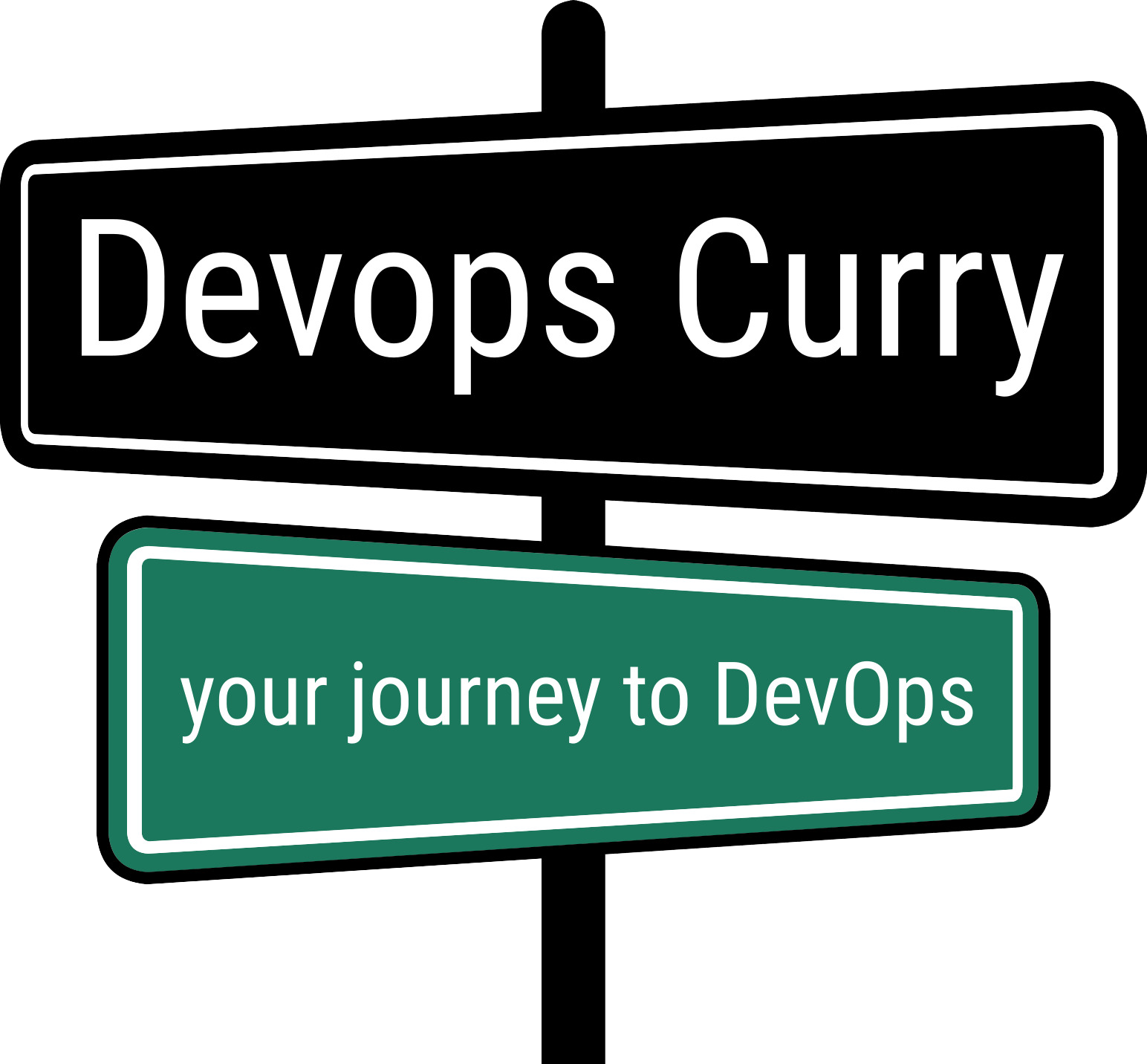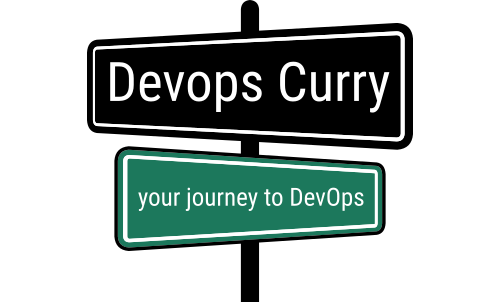
Adopting Open-source in 2021 for Devops success
Table of Contents
How DevOps can benefit from the Open source
Around 2009, the term DevOps introduced an approach that enhances the collaboration between developers and operations groups. It came as a successor to the Agile method and ensured improvement to the Application Lifecycle Management process. You can consider DevOps as a strategy or principle that every company should implement within their delivery pipeline.
To implement DevOps, you should have the right tools and processes at your disposal to make it work efficiently. There are a variety of open-source DevOps tools that help in streamlining the development and deployment process. These open-source tools are built with enhanced collaboration that improves performance and allows you to handle different market needs.
Why do DevOps need Open-source?
Well, many companies across the globe have started adopting the DevOps approach for effective and faster delivery. However most companies still shy away from implementing open-source software within their organizations to enhance the DevOps approach. Also, companies restrain their developers from contributing to open source libraries, so they miss a huge opportunity for success.
We are sharing some key reasons why a company should focus on the Open-source adoption for Devops implementation.
♠ Open-source is Free or low-cost
Open-source means it is available freely or at a lower cost than other closed-source systems.
♠ Based on open standards
With open-source, you can find each tool, source code, and related troubleshooting documents easily. If you are still using traditional proprietary software, it will be difficult for your organization to evolve.
♠ Open-source is self customizable
Open-source offers customizability where you can use tools and products that are way more efficient and light-weight than other available closed-source options. You can freely choose your framework and easily migrate and automate processes with open-source tools and frameworks.
♠ The open-source community is expanding
The open-source community is now expanding, with millions of contributors and developers writing open code and development. Now companies are even supporting its exposure to their DevOps process. By joining open-source, you will become part of the most dynamic group that provides a better solution for every problem.
♠ No Vendor monopoly or Vendor lock-in
Since open-source tools are free from any proprietorship or licensing from any vendor, there is definitely no pressure of monopoly or being vendor locked-in. Whenever you feel to opt out of the open-source tool, you can move out without any restrictions.
♠ Abundance of Talent pool
Since open source software and tools are free and easily available, the number of people with an expertise on popular open source solution is more as compared to licensed tools( because fo the cost involved). So when looking for available expert talent pool in the market for your Devops toolchain, you have higher chances of success with open-source solutions.
How DevOps success aligns with Open-source
There is no doubt that opting for open-source as a part of your DevOps process is beneficial to your organization. But if you are still using highly-proprietary and old traditional IT solutions, you may not achieve the success you are working for. Open source has opened the gate for DevOps to work efficiently. Below are the reasons why DevOps success aligns with the Open-source system, tools, and practices.
- DevOps groups should go for open-source because the tools and techniques available in the open-source community are either off the shelf or built at some other organization. This will eventually save you time and cost of developing the required tools at your end.
- If you avail open-source, then you can choose any of the open-source frameworks to work on. You can easily migrate your project from one framework to another without any proprietary lock-in or vendor secrets. It allows your software delivery agile, which is essential in the DevOps process.
- DevOps mainly focuses on the visibility of the project or application progress within the team members. If you add the open-source within the DevOps process, it ensures the visibility is maintained even to the code level of all the tools you use.
- Suppose we get any problem during continuous delivery. In that case, there is no time that you contact proprietary vendors to resolve the issue as proprietary tools require expertise to look into the troubleshooting process. But if you go with open-source, you can resolve the issue by yourself as most of the problems are documented publicly for reference.
- With closed systems, you cannot leverage various tools you are using by integrating them and making the system entirely automated. But with an open-source system, integration and automation are pretty efficient and straightforward.
Common Open-source DevOps tools
You can accelerate an existing system by using open-source tools within your DevOps. Below is the list of the open-source DevOps tools.
Ansible
This tool offers software-related services like application deployment, configuration, etc. It allows you to automate IT tasks. You can easily integrate it with other DevOps tools. You can find its free version on GitHub, where Red Hat offers three different paid versions of Ansible.
Watir
It is a web application based open-source testing tool. This tool is the most flexible and reliable Ruby library tool that allows you to automate web browsers. It enables you to communicate with web browsers while performing various web functions.
Supergiant
A supergiant is an open-source tool for container management that is built on top of Kubernetes. It enables Kubernetes deployment on multiple clouds within no time. Also, it helps in streamlining the production deployment. It helps in lowering the hardware costs due to the packing algorithm of the Supergiant.
Nagios
This open-source tool provides a solution to infrastructure monitoring. This tool has a well-established base in the monitoring area and is highly efficient due to the broad community creating plugins for its support. You can choose this tool over others if you want to represent your result in various visual forms.
SaltStack
SaltStack is an enterprise paid version of Salt, which is highly flexible and intelligent open-source software for event-driven orchestration, remote execution, and configuration automation. This tool orchestrates the significant movement of the code into production and ensures optimal application delivery. It allows you to deploy and configure dynamic applications.
Chef
If you want to handle both traditional and cloud environments using a single tool, Chef is the right choice. This tool comes with the development kit that allows you to deploy and test the automation code locally before deploying it to production.
Docker
Docker offers portability due to its containerization technology that transforms IT environments. It packages libraries, tools, runtime everything required for an application to run irrespective of the deployment location.
Git
This open-source tool helps to maintain the source code and to host open-source projects. Git stands out of other tools due to its ability to handle merging and branching. This tool is used by many developers and has become popular in recent years. It offers plugins to integrate it with Jenkins for supporting deployment and integration.
Bitbucket
Similar to GitHub, BitBucket is another tool that helps manage project code throughout the SDLC cycle. While the core functionality of BitBucket resembles that of GitHub, features such as easy integration with Jira and Trello, inbuilt CI/CD functionality tend to give this tool by Atlassian an edge.
Puppet
With Puppet, you can follow a standard way of managing and delivering software. Puppet enhances audibility, reliability, and agility. It offers continuous automation and delivery during complete SDLC. With the introduction of various new features, it allows you to handle dynamic systems with great ease.
Prometheus
It is an open-source systems monitoring and alerting toolkit.It comes with a dimensional data model, flexible query language, efficient time series database and modern alerting approach
These tools will help to bridge the gap between the development and production environment. You can choose any tool that suits your business requirement.
Terraform
Terraform is an open-source infrastructure as code software tool that lets you safely and predictably create, change, and improve infrastructure.Users define and provision data-center infrastructure using a declarative configuration language known as HashiCorp Configuration Language (HCL), or optionally JSON.
Conclusion
Open source is slowly becoming integral to DevOps success, both as a source of innovative tools and also forming the culture that DevOps requires to succeed.If modern day enterprises are looking to build DevOps toolchain, they should consider open source DevOps tools in addition to commercial tools, we have already seen the benefits of using the open-source tools above.


